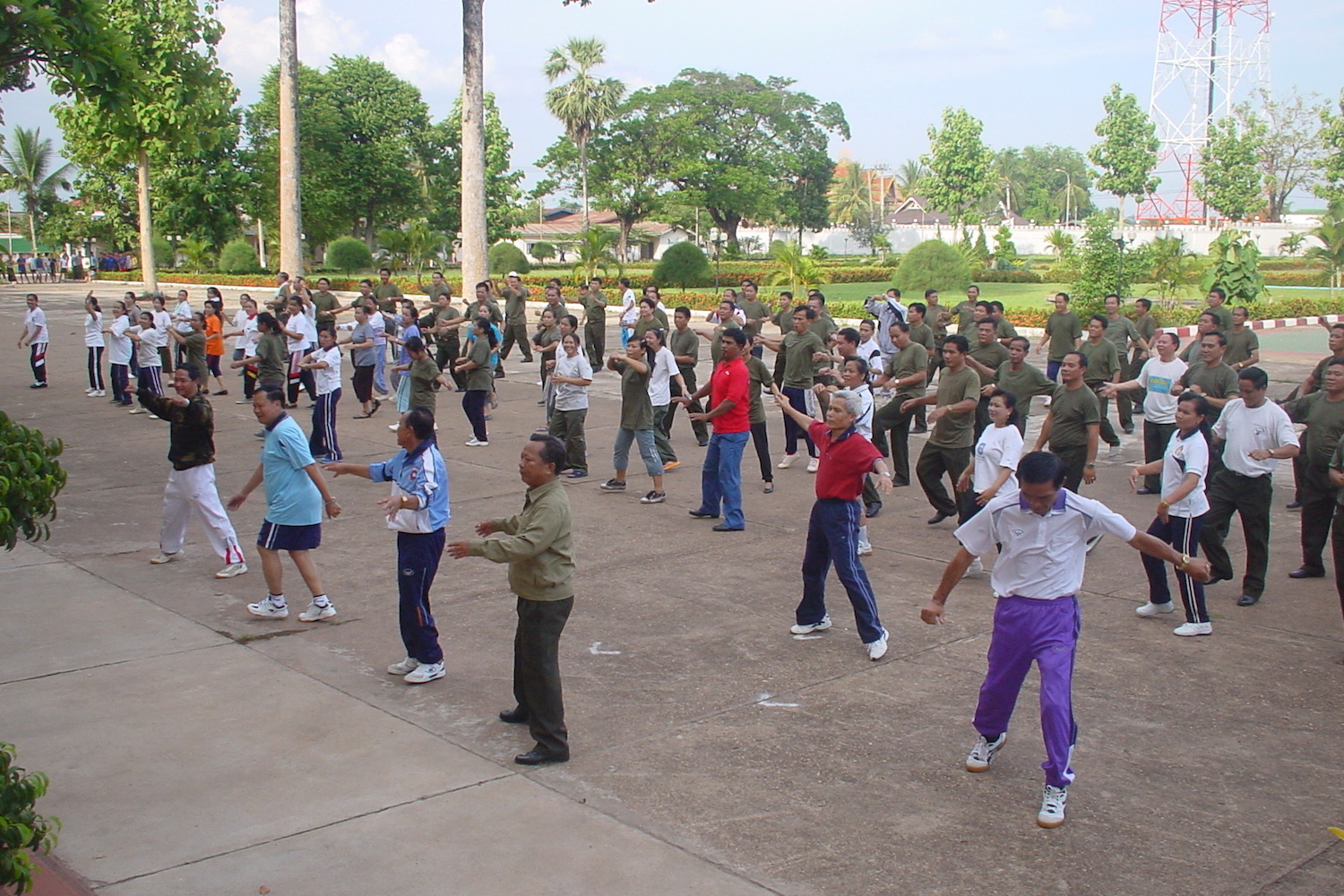The second issue is the situation of civil society, again which I take as illustrative. In general, the government assumes that civil society is an extension of itself. In other words, it is there to implement its own policies. It is not there to provide any independent analysis. It is not there to stimulate reflection, discussion, consultation, participation.
And the result is that there is actually an extraordinary amount of fear throughout the society, in terms of free expression.
But this is something of a paradox that I want to mention. It is true from what I know that large numbers of people are not prosecuted for political crimes. They are not imprisoned, they are not tortured, and this is impressive.
What explains it, however, as far as I can tell, is that the government builds upon the particularities of the Lao personality, the Lao culture, and uses very particular examples to send a message that resonates widely through the society.
So you pick on a particular civil society leader, and you disappear him, and you say no more. The message is loud and clear. This man, Somphone, was preaching a very, I shouldn’t say it…now because he was clearly a very inspirational character, but a revolutionary, he certainly wasn’t. An anti-government man, he wasn’t, but a man who wanted to encourage consultations in accordance with Buddhist and other local traditions, he was.
So the message was, if he can disappear, you can too. Keep quiet.
From the press conference of the Special Rapporteur on Extreme Poverty and Human Rights, Phillip Alston, in Vientiane, 28 March 2019. Video of the full conference can be seen here, and the report and other materials are available here.

